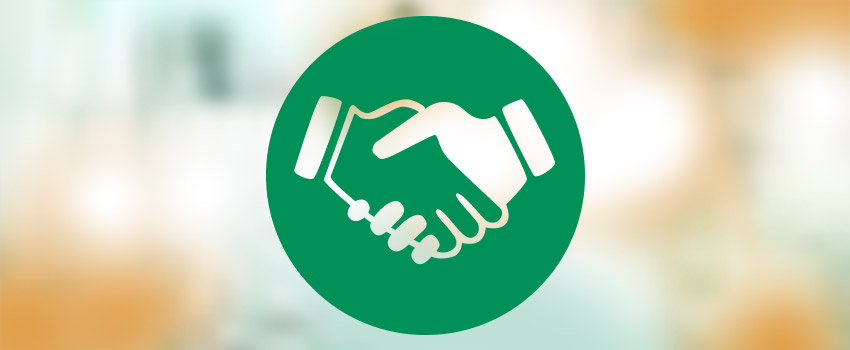This year's conference was held as a virtual event for well-known reasons. It is dedicated to the topics of food safety, labelling and authenticity.
At the one week conference (04/19-04/23), more than 75 speakers from industry, as well as academia and government agencies, held a virtual rendezvous. In addition, numerous company presentations on new analytical methods that were included in the program and provided an overview of new applications and technological developments. In the panel discussions, there was no doubt among the participants that further and more intensive efforts are needed globally to safeguard the integrity of our food. More effort is required from food producers in the context of supply chain monitoring, as well as a consolidation of the communicative networks across national borders by governmental control bodies. AI-supported rapid alert systems should help in this regard, as should the establishment of product databases to detect possible manipulations more quickly.
Standardization of analytical procedures for authenticity verification poses a further challenge. A trend towards simple on-line screening procedures using spectroscopic handheld devices is being tested by a Belgian retailer with the aim of sending only suspicious samples to external laboratories for result validation. Accurate laboratory analysis will remain an essential component of risk mitigation strategies in the food industry. The desired improved data networking between industry, laboratories and governmental surveillance not only raises technical questions, but is also legally unclear. For the time being, major manufacturers and food retailers will have to work with their partners to find proprietary solutions.
YOUR PLUS: AGROLAB creates individual test plan proposals and has reliable partner laboratories for special questions in the context of authenticity testing.
Link:
Author: Dr. Frank Mörsberger

 Contact
Contact

 Contact
Contact Career
Career